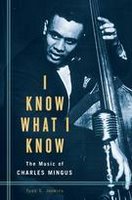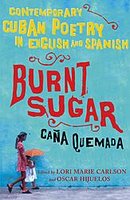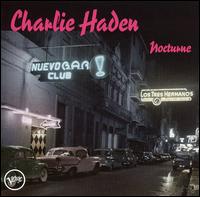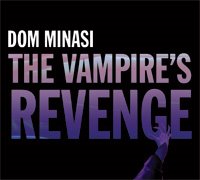
Many great jazz LPs have yet to be reissued on CD, languishing on the vaults. It’s also true of some great jazz films which have not been yet been released on DVD, some did not even have a life on VHS (at least legally authorized). There could well be rights issues complicating possible release, but it would be nice to see some of these on pristine DVD:
A Man Called Adam (briefly on VHS): Sammy Davis, Jr. plays Adam Johnson, a trumpeter most likely inspired by Miles Davis and his love interest is played by Cicely Tyson, who would later marry Miles Davis. Johnson’s young trumpet protégé is played by Frank Sinatra, Jr. His evil booking agent is Peter Lawford. All of which makes it fascinating to watch from a Freudian perspective. Factor in great performances by Louis Armstrong and Mel Torme, and totally cool retro animated opening credit sequence featuring Nat Adderley’s cornet and you have an under-rated entertaining jazz film.
Bix: an Interpretation of a Legend (VHS only): Italian director Pupi Avati crafted a beautiful biography of Bix Biederbecke, shot on location in Davenport, Iowa. Some have criticized a few inaccuracies in terms of who was with what band when, but for us mere mortals lacking encyclopedic knowledge Midwest territory bands, it is a sensitive, finely crafted portrayal of the jazz legend. Musical director Bob Wilbur recreates the music of Bix and Tram superbly.
Ballad in Blue (briefly on VHS): With Genius Loves Company selling millions of copies and Ray winning an Oscar for Jamie Foxx, why hasn’t this pleasant film starring Ray Charles as himself found its way onto DVD (legally)? Another great opening sequence featuring Charles with his band is one of several jazzy musical numbers that make this film fun. The melodrama side-plot of a blind British boy befriended by the genius of soul isn’t so cloying that it distracts from the coolness of Ray Charles being Ray Charles and he has great scene telling some tough truth to his young friend’s over-protective mother.
Lush Life (available only on PAL import formatted DVD): While the story of a jazz musician facing a terminal illness may sound potentially melodramatic, Lush Life handles it with a light, deft touch, ending on a perfect high note. The music is of a consistently high caliber, with Forrest Whitaker’s trumpet handled by Chuck Findlay, and Bob Cooper doing the honors for Jeff Goldblum’s tenor. Ernie Andrews appears as himself, taking a swinging vocal.
Too Late Blues (no legal release): Not a great movie, but certainly interesting. John Cassavetes only commercial Hollywood movie, is unlikely enough about jazz musicians. Benny Carter’s music is great, even with the weird vocal stylings of Stella Stevens’ character. Simply knowing Stevens and Bobby Darin were actually working with Cassavetes make this an odd viewing experience.
The Cool World: Shirley Clarke’s naturalistic look at urban life, wisely simplifies Warren Miller’s novel, which tried to shoehorn every possible social pathology into one boy’s short life. The classic soundtrack was performed by jazz greats like Dizzy Gillespie and composer Mal Waldron. However, when the soundtrack record was recorded, Waldron was left off the session, in favor of Kenny Barron, Gillespie regular pianist at that time.
There are scores of great jazz CDs, books, and DVDs releasing each week, so it’s not like we need to find ways to spend more dough, but these are interesting films that deserve wider viewing.












